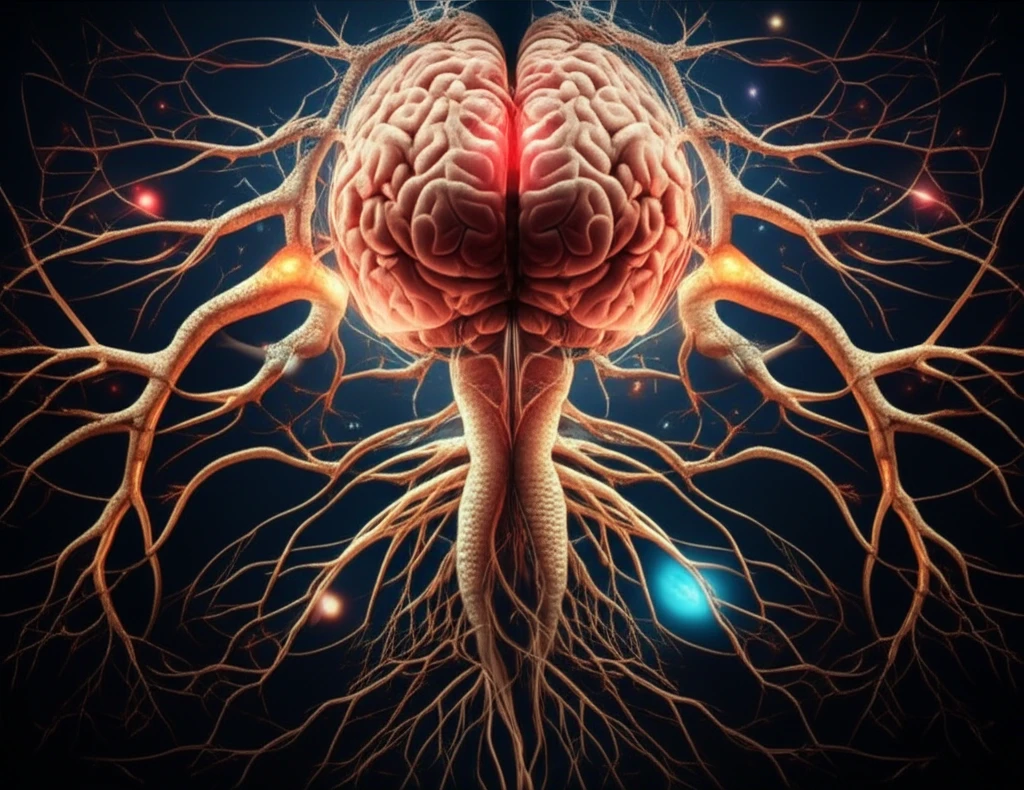
Anxiety and Inflammation: New Research Links TNFAIP3 Gene to Mental Health
"Could a specific gene expression be the key to understanding the connection between psychological anxiety and major depressive disorder?"
The intricate relationship between mental health and physical well-being has long been a subject of intense scientific scrutiny. Major Depressive Disorder (MDD), characterized by persistent sadness, loss of interest, and a host of other debilitating symptoms, affects millions worldwide. While its causes are multifaceted, a growing body of evidence points to the role of inflammation and immune system dysregulation in the development and progression of MDD.
Inflammation, the body's natural response to injury or infection, can sometimes become chronic and contribute to various health problems, including mental health disorders. Cytokines, small proteins that act as messengers in the immune system, are released during inflammation. Elevated levels of pro-inflammatory cytokines have been observed in individuals with MDD, suggesting a potential link between the immune system and the brain.
Now, a new study sheds light on a specific gene, TNFAIP3, and its potential role in the connection between inflammation and anxiety in individuals with MDD. The research, published in Neuroimmunomodulation, explores the relationship between TNFAIP3 mRNA levels and the severity of psychological anxiety symptoms in patients diagnosed with major depressive disorder.
What is TNFAIP3 and Why Is It Important for Mental Health?

TNFAIP3, or TNF Alpha Induced Protein 3, is a gene that plays a crucial role in regulating the immune system. It acts as a negative regulator of the TLR-4 signaling pathway, which is involved in innate immune responses. Essentially, TNFAIP3 helps to keep the immune system in check, preventing excessive inflammation. Think of it as the body's internal peacekeeper, ensuring that immune responses don't spiral out of control.
- Participants: 91 patients diagnosed with MDD (20 men and 71 women).
- Assessment: Hamilton Depression Rating Scale (HAMD-17) to evaluate depressive symptoms.
- Analysis: Multiple linear regression to assess the relationship between TNFAIP3 mRNA levels and HAMD-17 subscores.
Future Directions: Unraveling the Connection Between Genes, Anxiety, and Depression
This research provides a valuable piece of the puzzle in understanding the complex interplay between the immune system, genetics, and mental health. While the study highlights a significant association between TNFAIP3 and psychological anxiety in MDD, further research is needed to fully elucidate the underlying mechanisms. Larger studies with more diverse populations are essential to confirm these findings and explore the potential for targeted interventions.
